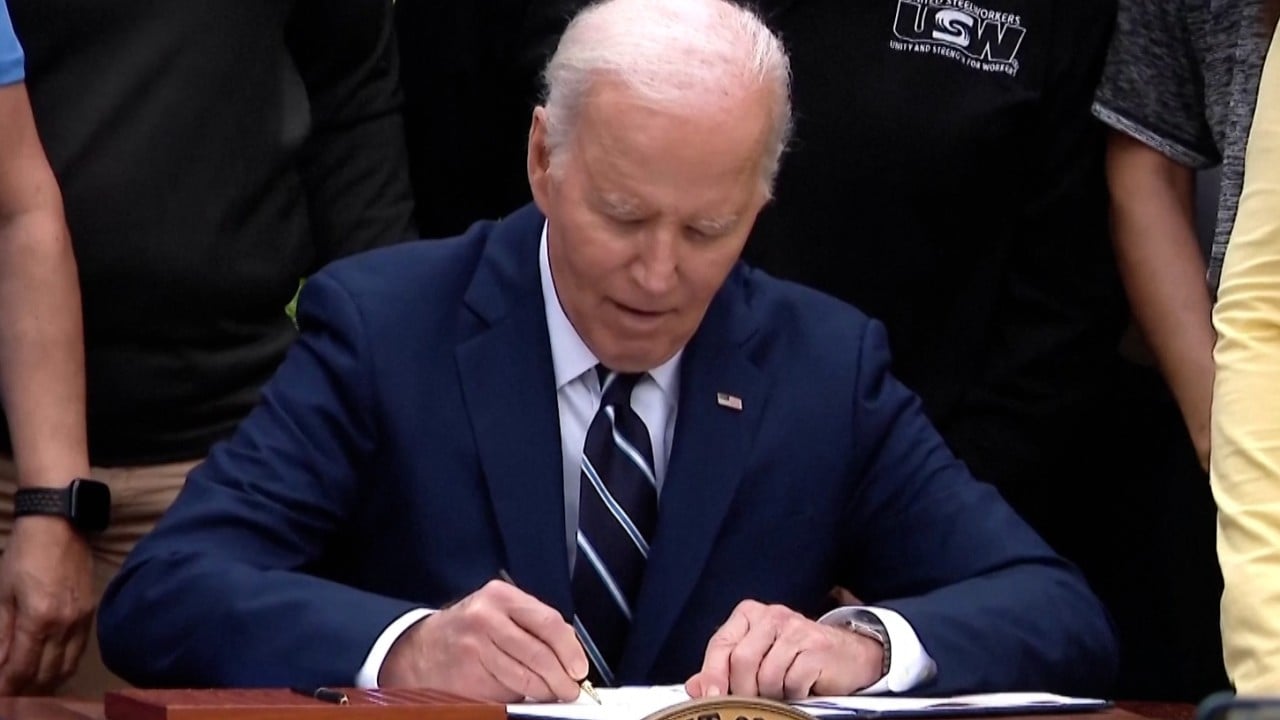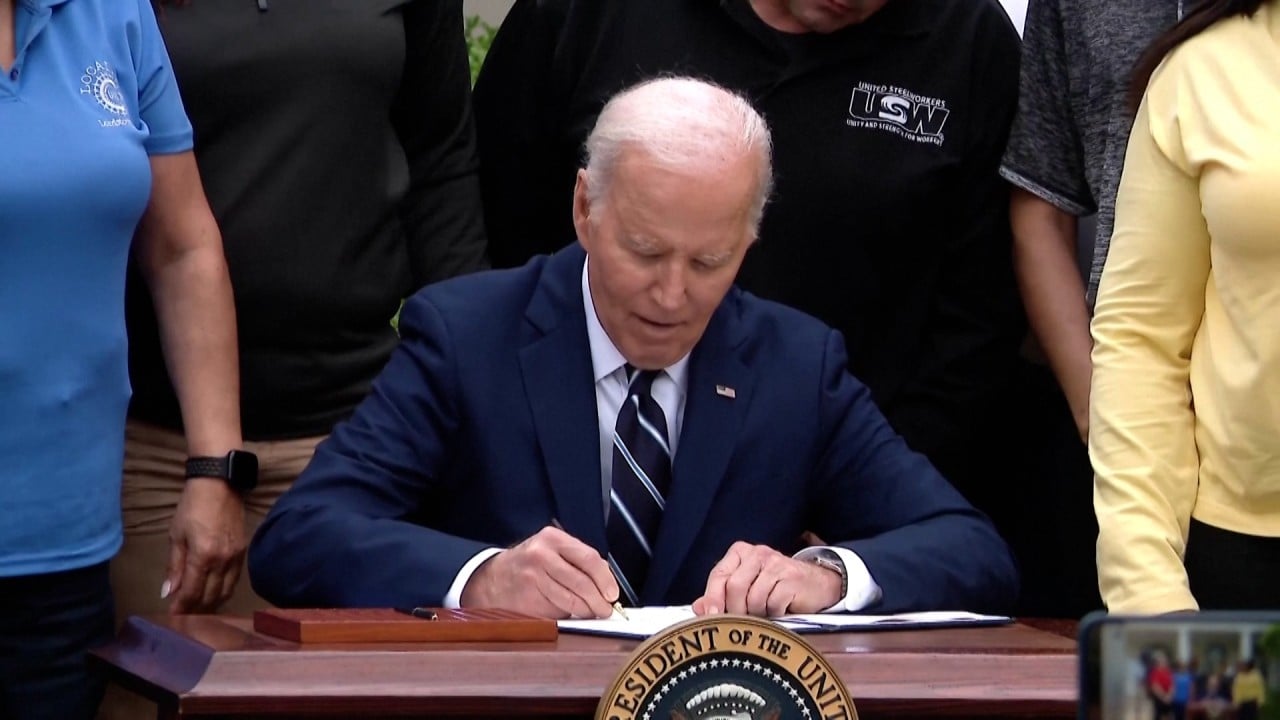China’s role in global exports is not expected to diminish drastically, despite high-profile attempts to decouple supply chains – and there will be fewer Asian beneficiaries from this process than is often assumed, according to a top credit rating agency.
“Trends in exports and inward foreign direct investment (FDI) show that, overall, the role of Asian economies – including China – in global supply chains is changing only modestly,” said S&P Global Ratings in a report on Tuesday.
US-led efforts to diversify distribution of goods away from China have escalated in recent years, with trade tensions on the rise in major Western markets and other Asian suppliers like India and Vietnam entering the limelight.
While China’s share of imports in developed markets like the US and Japan have fallen over the last six years, exporters’ gains in emerging markets have kept its overall global market share slightly higher, according to S&P.
The report credits China’s resilient market share to the rise of “normal” exports by increasingly competitive domestic firms – contrasted with “processing exports”, where imported components are assembled in China and the finished goods are shipped on to third countries.
“Exports of Chinese-brand capital goods, electric vehicles, smartphones and home appliances have expanded rapidly in recent years,” it said.
“Since around 2010, normal exports have vastly outpaced processing exports.”
China’s vast industrial landscape – with “specialised suppliers”, “good infrastructure” and accommodation from local governments- remains attractive, report authors wrote, compared to relocating to economies with less-developed industrial sectors, which has sometimes incurred unexpected challenges and higher costs.
The shift of production from China to Mexico and other emerging Asian economies, for instance, was said to have seen only “surprisingly modest” gains.
While India’s share of Asia and Mexico’s combined exports rose to 5.2 per cent in the year leading up to June 2024 – up from 4.8 per cent six years prior – this increase was just one-tenth of the gains China reported over the same period.
Since 2022, China has seen a plunge in its share of Asia and Mexico’s total inward FDI, but gains for emerging markets overall have been limited, S&P said, citing India’s falling share over six years and Mexico’s which remained roughly the same.
The ratings agency said the data underscored an “important, sobering point” about the impact of deglobalisation and decoupling on Asia.
While relocations from China will affect its economy and, in turn, its demand for goods and services from Asia, the uncertainty caused by proliferating trade and investment restrictions also “weighs on confidence and investment in the region”, the report authors wrote.
“This means there are fewer winners in Asia from decoupling away from China than is often assumed.”
In his speech accepting the Republican Party’s nomination for the White House, former US president Donald Trump threatened higher tariffs on Chinese-made cars, part of his plan to boost the domestic auto manufacturing sector.
China is expected to be a central issue in the coming US presidential debates between current Vice-President Kamala Harris and Trump, with the first set for September 10.



